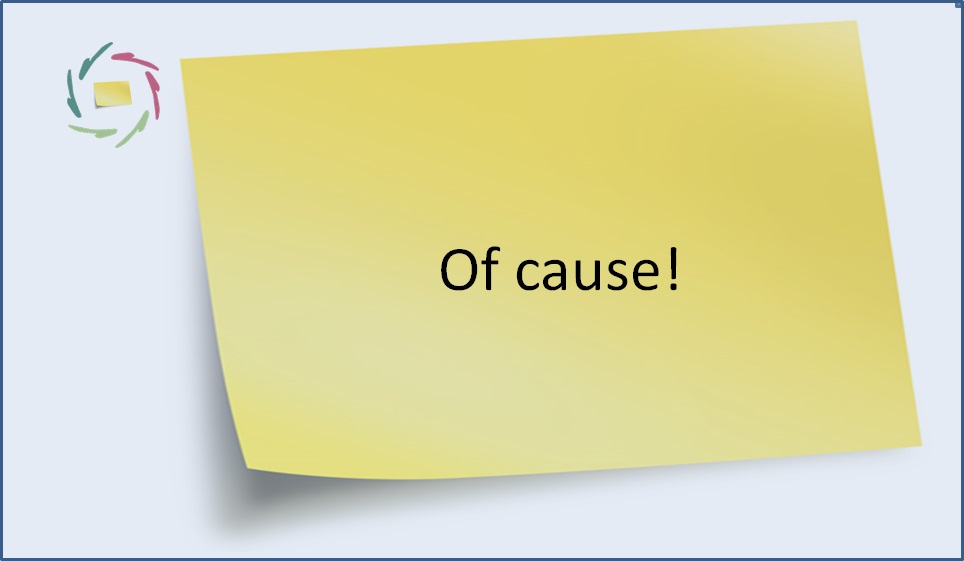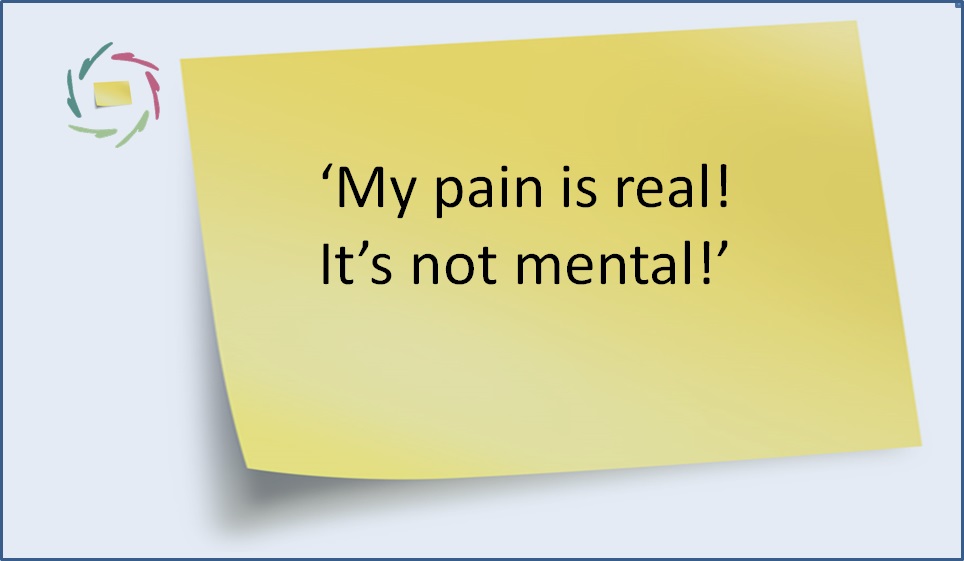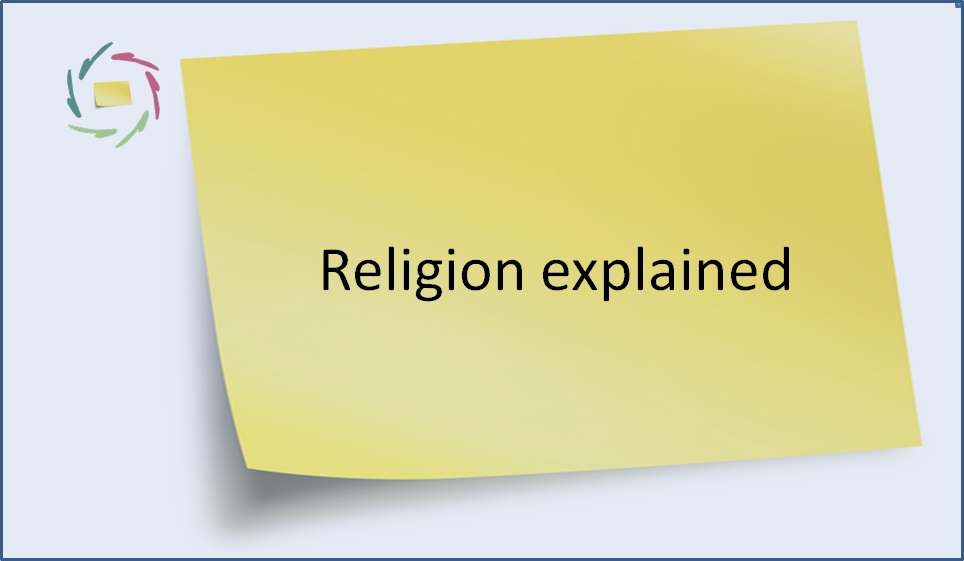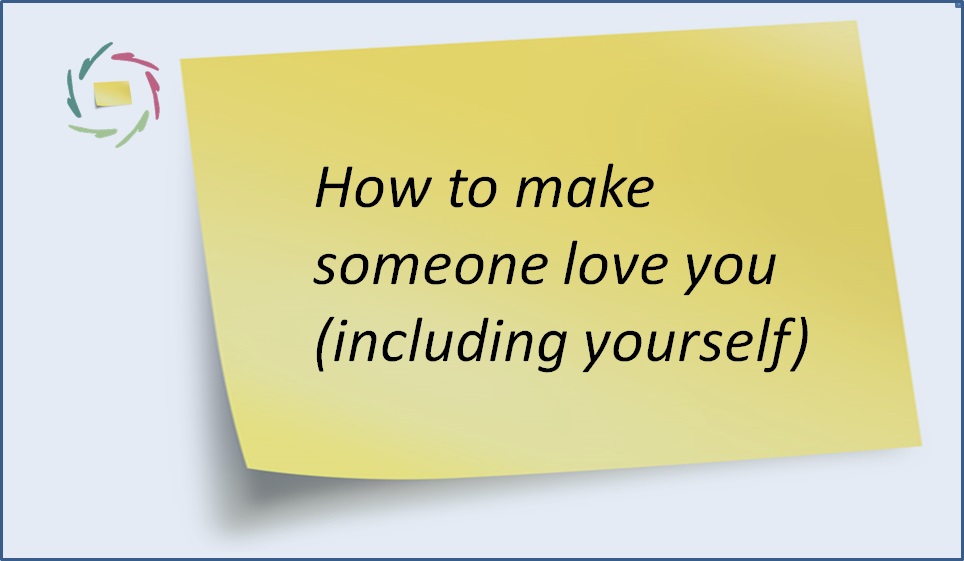77. Of cause!

Patients often think that medical reasoning is mostly causal reasoning. Doctors often think so too. This is not the case. And that’s too bad, because it would make things so much easier…
◊◊◊
Still, we better don’t rely on wishful thinking.
◊◊◊
Causal reasoning is a myth that can easily be deconstructed. Therefore, we have to do it, even if it hurts. The good news is that the pain of deconstruction is short. You don’t have to be patient for this.
◊◊◊
It’s a well-known fact – scientifically known, this is – that in medical general practice, only some 20% of consultations for non-chronic diseases, end in a statement of the ‘causal disease’. Still, if the patients are asked about this, the perceived % is more like 80% or higher. The causal myth is unchallenged at this side. Stranger is that most physicians too have a much higher % in mind, until they are made to reflect about their own handlings. It seems that a cause is desperately wanted, dead or alive. If needed, in a hallucinatory way.
◊◊◊
Of cause!
◊◊◊
I have just mentioned ‘causal disease’. You probably took this for granted. You shouldn’t have done so. Namely: diseases don’t cause symptoms. Diseases are the symptoms. Surely a disease can cause another disease, which is then a conglomerate of symptoms in its own right. Like: diabetes can cause a kidney disease or an eye disorder. But: diabetes doesn’t cause elevated blood sugars. It is, among other things, the elevated blood sugars.
◊◊◊
This wouldn’t be important, if it wouldn’t lead to misunderstandings.
◊◊◊
For instance, ‘cluster headache’ doesn’t cause a headache. It is the headache. Therefore finding the ‘cause’ of one’s headache in a diagnosis such as ‘cluster headache’ is utterly meaningless. Likewise: asthma, irritable bowels syndrome, eczema, migraine, CVS, ‘the flue’, etc., etc. are not causes of any symptoms. They are the symptoms. The clusters aren’t tight either. Most patients have ‘atypical symptoms’. This makes a distinction between symptoms and diseases very blurry.
◊◊◊
‘Treating a disease’ is not ‘treating the cause of symptoms’.
◊◊◊
Doctors like to think they treat causes. They seldom do. Most of medicine is symptomatic. Almost all medications are purely symptomatic. This is ‘health-cosmetics’. That’s OK, but one should know it, of cause.
◊◊◊
Meanwhile, natura sanat.
Luckily!
◊◊◊


